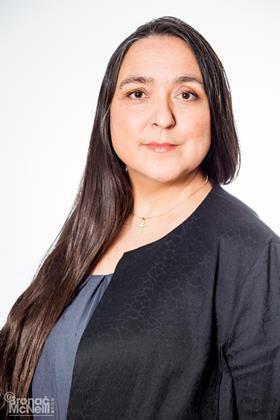The Legal Services Board has approved the Council for Licensed Conveyancers application allowing us to recharge more of the cost of the Legal Ombudsman (LeO) to the firms that generate disproportionate levels of complaints.

It is a move that has raised a few eyebrows but we see it as entirely fair. Those firms that generate no complaints (62% of the firms we regulate) or only a few pay less than those that generate more.
Something had to be done. As a regulator paid for by the profession, we have to run a tight ship. Over the past five years we have made concerted efforts to reduce our own operating costs in a sustainable and steady way.
Since 2016 we have able to cut practice fees by 42% on the back of growth in practice turnovers, control of our own costs and prudent use of reserves.
Compare this with the rising costs of the Office for Legal Complaints (OLC), LeO’s official name, which have grown, and continue to grow, very substantially.
This issue has become increasingly pressing with the LeO’s budget jumping 16.5% to £14.5m as it deals with longstanding performance issues exacerbated by Covid. Now LeO has begun a consultation on increasing funding even further for the year 2022/23.
For 2021/22, 30% of the £686,511 the CLC will pay for LeO’s services will be levied on 83 firms based on usage. Our plan is to increase this to 80% over the next four years, giving those 83 firms in particular time to improve their processes.
The cost of LeO is met by all the regulated arms of the profession through a levy based on the average number of complaints generated each year by their communities over the previous three years.
CLC-regulated firms were only responsible for an average of 256 cases in each of the last three years – just 4% of the total handled by LeO – but the levy is a significant cost of regulation; the CLC’s own budget for the coming year is just over £2.2m.
Until now, all CLC-regulated firms have paid the LeO levy through their practice fees, which are calculated purely based on turnover. The decision to separate the cost of the LeO is the first of its kind in the legal sector and will reduce practice fees by an average of 23%.
Even though most of our firms have an acceptable level of complaints, it is widely recognised that the entire sector needs to improve complaints handling and the existence of LeO is an important element of consumer protection and confidence. That is why all firms will continue to contribute something towards its cost.
But the way we are changing the fees regime means most CLC-regulated practices will see their percentage share of total costs fall. Of those paying more, there are two practices that will pay an extra £16,000 and £12,000 respectively, while 16 firms will pay between £5,168 and £1,044 more (at an average of £2,095).
One aim of this move is to improve complaints handling but some fear that it might actually achieve the opposite – better just to make dissatisfied clients go away so they don’t escalate the matter to LeO.
So monitoring the impact of this proposal is an important part of the plan. This includes maintaining a real-time review of information through a range of tracking metrics, the tracking of payments made in settlement of first-tier complaints, data from OLC and enhanced monitoring of practices that we know have a high proportion of complaints.
At the same time, we have also increased the number of turnover bands for calculating practice fees from four to nine to improve progression to higher bands as turnover increases allowing more practices to benefit from rate tiering as they grow.
While it is right that all regulated practices should contribute to the costs of complaints handling to ensure availability of the service, introducing a usage fee is fairer, builds in better proportionality into meeting LeO costs and will encourage improvements in complaints handling. It is also right that we should be as transparent about our regulatory costs as possible, and this new mechanism allows for that.
Sheila Kumar is chief executive of the Council for Licensed Conveyancers (CLC)































1 Reader's comment